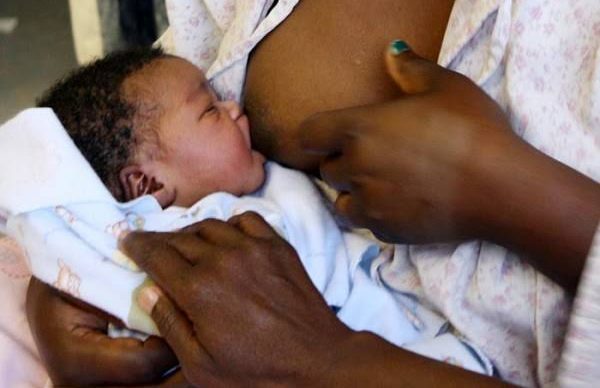Wevole Ezin, Calabar.
The United Nations Children’s Fund (UNICEF) has urged nursing mothers to practice Zero Water/ exclusive breastfeeding for six months on their infants
UNICEF stated this in Enugu during a Zonal Media Dialogue to kick start the “zero water” campaign for breastfeeding mothers with the theme “enabling breastfeeding: making a difference for working parents in commemoration of the World Breastfeeding Week, (WBW).
Speaking during her presentations, the Nutrition Specialist, UNICEF, Field office, Enugu, Mrs. Ngozi Onuora, said effective infant feeding is a building block for human development and essential for child survival.
She attributed Poor Infant and Young Child Feeding (IYCF) practices as major contributors to increasing burden of infant and childhood diseases and deaths (morbidity & mortality), adding that, “working mothers in Nigeria often struggled with breastfeeding.”
On her part, the Communication Officer, UNICEF Field Office, Enugu, Dr. Ijeoma Onuoha charged the media to use it tools to campaign for effective breastfeeding.
She said the WBW which kick starts on the 1st to 7th of August 2023, is to promote exclusive breastfeeding to enhance children’s growth and to create conducive working environment for parents.
“According to research, only 9 percent of organisations had a workplace breastfeeding policy and only 1.5 of the public sector organisations provide creches or daycare.
“UNICEF expects that 100 percent of organisations are supportive in the implementation of breastfeeding/ friendly programmes for working mothers in Nigeria,” she said.
She further called on lawmakers to make friendly policies, laws that would build on maternity protection, including leave for husbands to support nursing mothers.
Onuoha added that “legislating for at least 18 weeks, preferably for more than 6 months, paid maternity leave and ensuring employers provide paid time off and a dedicated space for breastfeeding mothers was important.
“It is also important to ensure that all women have access to maternity entitlements, including those in the informal sector or on limited contracts.
“Tackling employment-related discrimination against women, including during and after pregnancy and birth.
“Employers and managers can make breastfeeding and work conducive by providing maternity leave that at minimum meets national requirements.
“Providing time and space for breastfeeding or expressing and storing breastmilk and also Providing options that reduce separation of women from their babies after maternity leave, such as flexible work schedules.” The UNICEF Communication Officer urged.
##



